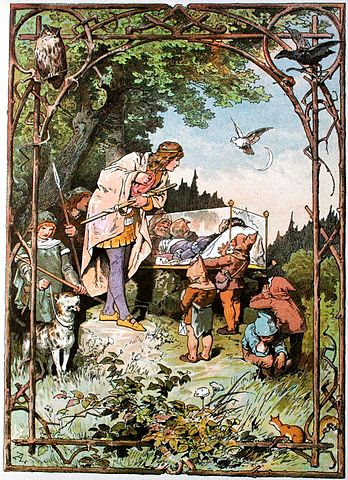"MY CRICKETING YEARS"
The title is somewhat misleading. I was a non-playing cricketer. My cricket career started with a first-ball wicket in my very first match against Govt.Jubilee school. That was also my last wicket -there was no second wicket ever afterwards! I faded away from active cricket like Deepak Shodhan, a forgotten IndianTest cricketer.
'My cricketing years' is more of a vicarious memory-clip. It underlines my love affair with Test matches, my addiction to the running commentary and cricket records.
In my secondary school days someone once tuned in radio Australia in our Tesla radio-set in the unearthly hours one cold morning in january. That was when I first listened to a running commentry! And I got addicted.
Through early years there was more of agony than ecstacy in all those test matches. We were then in the habit of losing practically every match. And that too thoroughly. It was like a Dilip kumar film where the hero always lost the 'match' to the villain.
At Green Park Kanpur I was a mute witness to the doings of that west Indies serial killer called Wes Hall. With a red scarf around his neck he kept repeating his long and ominous run up to the wicket. He butchered all our players. And I sat there, helplessly watching the demolition work and munching roasted peanuts with salt. I could never see the balls leaving Wes Hall's hand. I only heard the sounds of his deliveries hitting the gloves of the wicket keeper (captain)Alexander! I suspect that our players also had the same problem with their eyes!
And a bigger humiliation came in (the then) calcutta where it looked like a match between "W.Indies and school boys XI". Here is the score card of that Calcutta match:
West Indies 614 for 5 wickets declared.
India 1st innings
(all out) 124
2nd innings
(all out)154
West Indies won by an innings and 336 runs.
Next year I was reluctant to return to Kanpur for the 2nd test match against Richie Benaud's Australia (19 December - 24 December 1959). That was the month when "Punja Maar", a psycopatïc serial killer was "taking wickets" regularly in Lucknow and Kanpur. It was safer inside the house than in Punjamaar's working area!
But I eventually did go to Green Park Kanpur. 'Punja Maar' was caught. And so were Australians with their pants down as Jasu Patel returned an inning's magic spell of 9 wickets for 69, (and 14 wickets in the match) to turn the table on the kangaroos. The invincible Australians were beaten - skittled out at 105 runs!! That was in the days before Gavaskar and kapil Dev got us into the habit of winning matches. and that impossibe wish-come-true put the whole nation on an LSD-high for a long time.
Talking about Gavasker of the early days is like talking about a maneater tiger let loose in a village. In his debut series in the West Indies he destroyed the home team. In Trinidad in the fifth Test he scored 124 and 220 and India had its first ever series victory over the West Indies - that too in their home terrain!. He was the second player in the world to score a century and double century in a test match and the first Indian to make four centuries in one Test series (his debut series at that!). He was the first Indian to aggregate more than 700 runs in a series, and this 774 runs at 154.80 remains, to this day, the most runs scored in a debut series by ANY batsman.
But the most heart-stopping moment came much later, in 1990, in India vs.England at Lord’s. The date was July 30, 1990. India was in shambles requiring 24 runs to save the follow-on, with nine wickets down and that hopeless comic figure of Narendra Hirwani standing there to preside over the liquidation. Kapil Dev, at the batting end had just six balls. And he rose to the occasion in his inimitable style ! In those incredible few minutes he clubbed Eddie Hemmings, dispatching the last four balls of that over to four successive glorious sixes and saved the follow-on! All the four red balls soared deep into the heavens, into the blue sky, four straight drives hit with the savage force of Kapil Dev's strong wrists, high over the head of the umpire. Lords had not seen this spectacle before, it may never see it again! As we say KAPIL . . DEV. . KA. . JAWAB. . NAHI. . (no one can be like Kapil Dev !!).
Times then changed. I lost interest in test matches after some cricketers spilled the beans about Match Fixing - that in a certain test match the players and the umpire joined hands with the betting syndicate and followed a written script (just as film stars do in making films), and the whole match was totally pre-scripted for big money. What was the point in watching a pre-decided match? The element of 'glorious uncertainties' became a mockery. I hung up my proverbial boots and started watching "Animal Planet".
I keep reminding myself that all the matches are not fixed, that Gavaskar stole the thunder on debut, that Tendulkar was as genuine as Bradman, and so was the record-breaking- sixteen-wicket Hirwani. I tell myself that Kapil dev's four succesive sixes at lords were his own and not that of the betting-syndicate. But somehow it does not work. I have simply lost interest and got stuck in "Animal Planet".I don't watch test matches anymore. It is FINITO - in capital letters !!
**
**
.,..





























